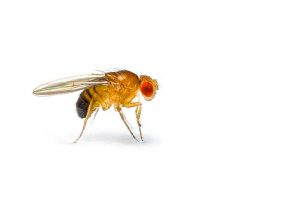Most humans wake in the morning and go to sleep at night. Lather, rinse and repeat. Because our sleep-wake cycles are so important, a tightly-controlled clock called the circadian rhythm regulates them. New research suggests that the circadian rhythm may regulate more than just our sleep-wake cycles.
Winding Up Your Internal Clock
As with all clocks, your internal clocks have to be “set” before they can keep time effectively. The circadian rhythm, which is our internal 24-hour clock, is set by the presence or absence of light. Our eyes perceive light and pass messages to the brain telling it that it is time to wake up and be alert. On the other hand, in the absence of light our bodies produce melatonin, a biochemical that tells the body it is time to regenerate and sleep.
The sensing of light keeps our circadian rhythm ticking along. Until recently, scientists believed that its two main roles were in governing sleep and eating patterns. However, new research suggests that the circadian rhythm may also play an important role in our earliest development.
Looking Beyond Sleep-Wake Cycles

“This told us that having depleted the one clock while the others are still working is much worse than depleting the clocks everywhere—you have less damage but more harm.”
How can disrupting the clock in just one tissue have a more dramatic effect than disrupting it throughout the body? Scientists are still grappling with how this conundrum occurred. However, the results are clear: Circadian rhythms affect so much more than just when we sleep and wake.
Circadian Rhythm and Development
This study showed clearly what researchers have long suspected: The circadian rhythm affects far more than timing and is more than a mere internal clock. In actuality, there are several different types of rhythms in our body that are regulated by and entwined with almost every process that the body undergoes. The same way humans show up to work at a specific time and eat at another, our cells are primed to perform certain activities at the optimal time of day. Judging from this new research, growth and development from the embryonic stage depend on our internal clocks to keep ticking.
Our body’s innate rhythms are proving to be more interconnected than we previously thought. Our systems do not work in isolation but rather are parts of a whole and should be treated as such. The circadian rhythm is no exception to this rule.







